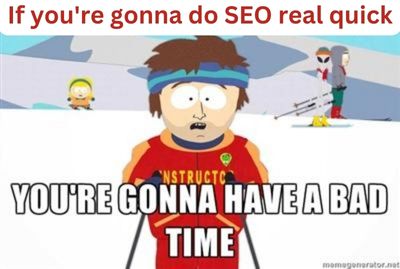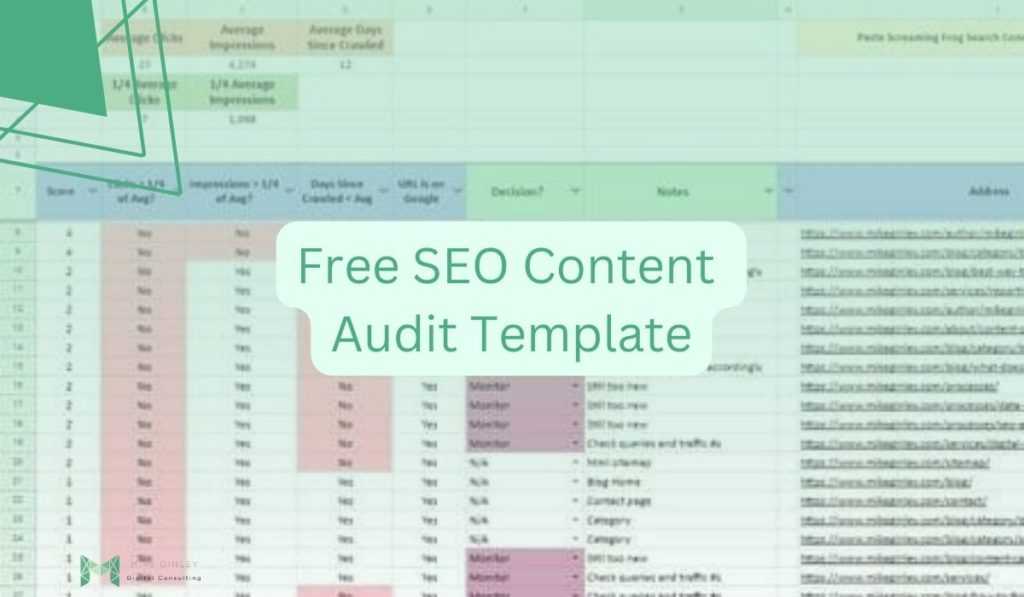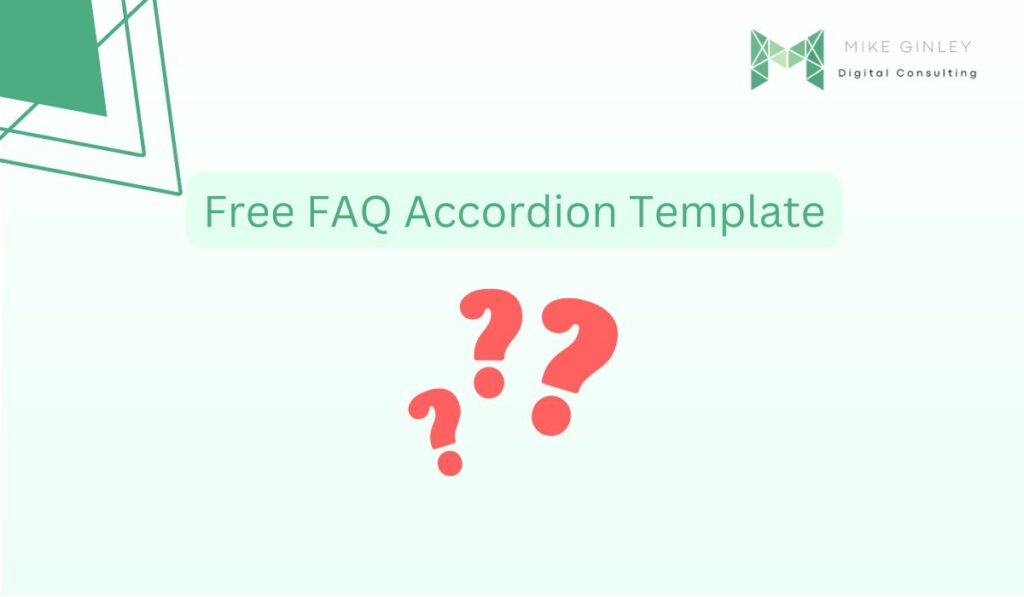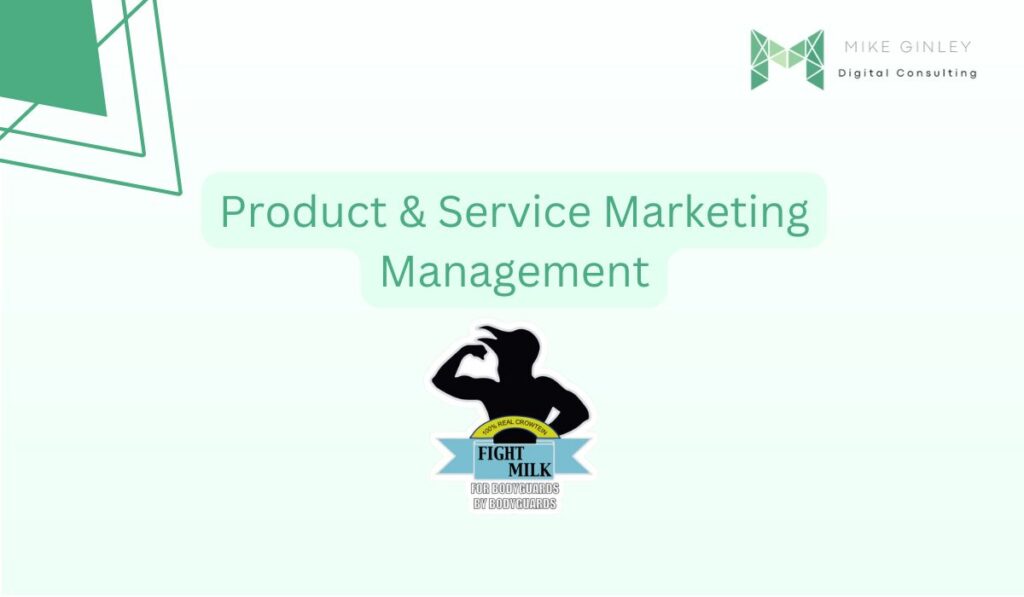TL;DR
- Lots of website owners think they need expensive tools or consultants to handle their SEO.
- SEO can be done by anyone, but it’s not easy or quick!
- Use this simple process to DIY SEO!
I’ve had a handful of people with smaller sites approach me recently about helping them with SEO, website optimization and strategy. They have mentioned that they do not want to go crazy with it as they can’t dedicate a lot of time which makes sense. They also mentioned bad experiences with agencies and freelance consultants that sold them the world but delivered very little in terms of results. I’ve heard this story too many times and it really kills me because it hurts our industry so much. I’m sure every SEO has experienced a client that was skeptical from the get-go because of a crummy past experience.
The truth is that not every site needs a robust strategy that stretches over months. Some really just need to ensure that the site is technically sound and the content helps their users. It’s not some magic that you need to pay someone to do, it’s very easy to do yourself if you can find the time. If you aren’t able to dedicate some time to your website and maybe a little money, then don’t complain when you see no results.
I recently bought my first house and I’m going crazy with DIY projects. Luckily the internet is full of articles and videos on how to do these projects. I figured I’d take a stab at it for SEO. In this post, I’ll cover the most basic DIY SEO process that anyone should be able to follow.
DIY SEO Tools
If you think you can have a successful website without some tools, you’re crazy. If you think you need to pay a ton of money to have a successful website, you’re crazy. Just like projects around the house, you can get by with some basic tools that won’t break the bank.
Free SEO Tools
- Google Search Console
- This is a must-have, if you do nothing else, just please set up GSC verification!
- It will let you submit URLs to Google, track crawling/rendering/indexing issues and even better give you insights into how people are finding your pages and what keywords they’re using.
- Google Search Console Guide
- Google Analytics
- Another must-have in my opinion. It doesn’t need to be Google Analytics, but have some sort of analytics setup.
- Even if you don’t want to check the data, just set it up and collect it because you never know when you will want to access it.
- Google Analytics Guide – They are switching to GA4, so this guide may be out of date at some point.
- Google My Business
- If you are a local business this is an absolute must-have!!
- Google loves to rank its own stuff, so feed the beast. Claim your profile, add images, add hours, add descriptions and most importantly gain quality reviews.
- Google My Business Guide
- Google Data Studio
- Not a must-have, but a nice to have if you are going to utilize your analytics.
- Set up a dashboard that will dynamically update so you can track key metrics in one place. I have lots of Google Data Studio templates already set up you can copy, or I can make for you!
- Google Data Studio Guide – It’s Looker Studio now, but I refuse to call it that.
- Google Keyword Planner
- Admittingly I do not use this tool, but it’s a great free tool to get keyword ideas and insights into how people are searching.
- You should create content based on your services and what your customers are curious about, but this can help ensure you are using terms they are searching for.
- Google Keyword Planner Guide
- Portent SEO Page Review Extension
- Super simple Google Chrome extension to show you all the important SEO elements on a page.
- No guide, but see the screenshot below of this page to see how it looks.
- Robots Exclusion Extension
- Another great Google Chrome extension that shows if there are any reasons a page may not be indexable.
- If a page can’t be indexed, it cant be found in Google. A lot of smaller websites get this wrong. See the example of a bad page below.
- Canva
- Not an SEO tool, but images and design are important. Try to avoid cheesy stock photography.
- Smartphones have great cameras, take some shots of your business, services or products and create something nicer in Canva that stands out. Big for social media!
- Canva For Small Business Guide
- Miro
- Helpful if you are going to continuously create content. Or are looking to create collaborative diagrams/strategies?
- I created a simple content calendar guide using Miro that you can utilize to get started.
- Miro Guide
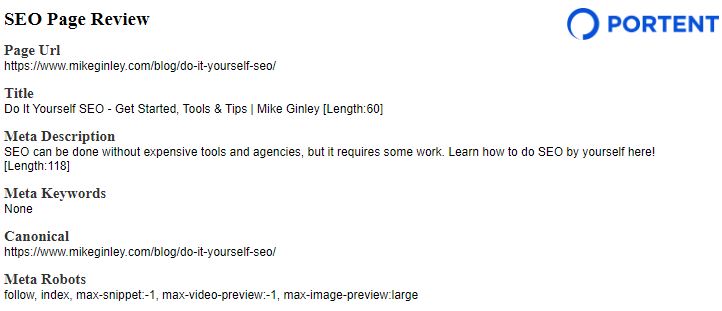
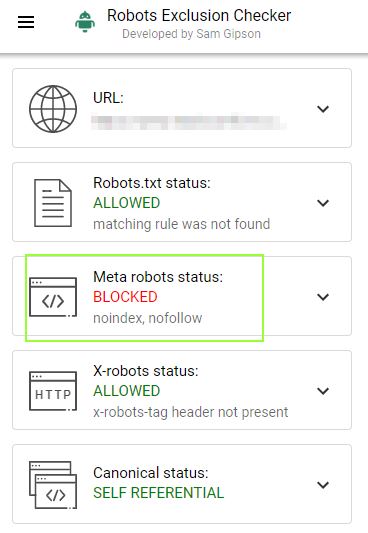
Paid SEO Tools
- Screaming Frog
- Must have!!
- So many small business sites have junk pages out there that they don’t even realize. This tool will mimic search engine crawlers and show you every accessible page + the relevant SEO info.
- It’s ~$200 for a year, they have a free version with limits that should get the job done for most.
- Screaming Frog Guide
- SEMrush
- I want to call this a must-have, but it can be pricy depending on how much you plan on using it.
- This tool will show you all the relevant info attached to your domain – keyword rankings, backlinks, trends, competition and more.
- It also has a crawling tool similar to Screaming Frog if that sweetens the deal.
- SEMrush Guide
Basic Website SEO Checklist
SEO, website optimization and UX are pretty limitless so there is no real stopping point. Like most things in life, you get out what you put into it. If you do the basics of website optimization, you will get basic results. If you invest properly you will see the impact.
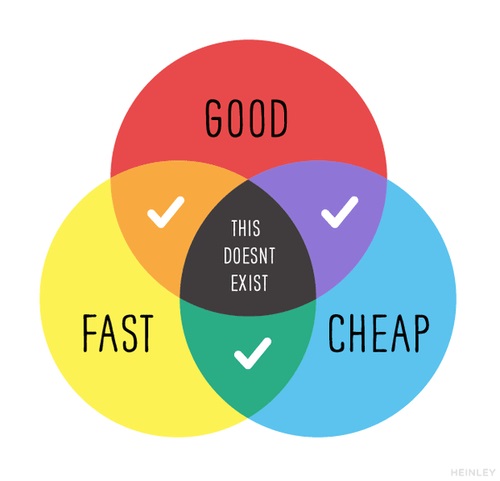
The most important thing you can do is be mindful and start the process. With this checklist, anyone should be able to get started optimizing their site regardless of experience. If you are looking for a more robust plan I do offer digital consulting, I also have companies to recommend.
- Setup Google Search Console
- If you are unsure if this is set up, it probably isn’t. But you can inspect your page and search for ‘verification’. If it is not there follow the Google Search Console guide I linked above in the tools section.
- Setup Analytics
- If you are serious about optimizing your website you need to know how it is performing. You can’t guess or just assume. Data will give you the answers.
- Setup/Optimize Google My Business
- Local SEO is huge, make sure that your profile is as optimized as possible and continue to engage and add content (posts, images, reviews, etc.).
- Create a ‘simple review business card’ with a QR code to help gain reviews.
- Crawl Your Website
- Use the free or paid version of Screaming Frog. Or SEMrush to see what pages are out there.
- I’ve seen so many small business sites that have test or junk pages from whatever theme/template they used (a plumber had cookie e-commerce pages).
- Understand what pages you have out there, are you covering all that you do? Your website should be your best employee, it should house everything your users need to know!
- See the Screaming Frog guide above to understand where to look and what the data means.
- Fix Crawl/Indexing Issues
- If you see any issues with indexing (noindex, blocked by robots) or crawl errors (5xx, 4xx, 3xx) those need to be fixed ASAP. You can have the secret to life published on your website, but if Google or your users can’t find it what is it worth?
- 15 Common Google Indexing Issues & How to Fix Them
- Remove Unnecessary Content (If Needed)
- This is only necessary if you have completely unrelated or unhelpful content. Search engines take note of this.
- There is no automated process to sniff these out. Crawl the site and use the computer between your ears to determine which pages are junk.
- Optimize Existing Content
- Now that you have removed any junk, focus on what’s left.
- Is it helpful? Is it thorough? Does it answer the Who, What, Why & How for your business?
- Use my free SEO content template to learn more about that.
- Plan Content
- If you need to rewrite content plan it out. If you need to write new content plan it out.
- Don’t shoot from the hip! Think! Plan!
- You know your business better than anyone, put your knowledge on the site for your users.
- You can even ask someone you know to look at your site and see what questions they have about your services or products. If they are confused, your users will likely be too.
- Look up the terms you think you should rank for. Who is ranking? What are they doing you aren’t? Mimic and improve on that!
- Create a note on your phone. What are you frequently explaining to customers? What are customers constantly asking you? Is that content covered on your website?
- Develop Social Sharing Templates
- Now that you are going to create all this great content are you just gonna let it sit there? You better not!
- Jump into Canva and find a couple of templates you like for social channels and adapt them to your brand standards.
- Utilize these templates going forward with social sharing to promote your great work and content.
- Develop Social Sharing Plan
- Similar to content planning, don’t shoot from the hip!
- Take some time to think out what you want to share and where. It doesn’t take long. Grab some articles, pages or examples of work, think up a snippet and document it in a sheet or Miro.
- Then you can easily pull them whenever you want to post on social.
DIY SEO Pricing
Free
- All the free tools above.
$200/year
- Screaming Frog
- All the free tools above.
$1,600/year
- SEMrush
- Screaming Frog
- All the free tools above
You can be successful with any of these plans, it all depends on the work you put into it. It’s never the gun, it’s always the hunter! Lots of SEO tools will promise great rankings and all this nonsense but it’s all worthless if you don’t put the work in yourself. There are lots of SEO’s/web devs out there that flex their tools, but I know lots of people that are more impactful with nothing than the people with the fancy tools are.
DIY SEO Tips
The only magic recipe to success in SEO is quality. There are lots of ways to define that, but at the end of the day, it comes down to putting in the effort. Create a solid website with minimal technical issues and full of thorough content that helps your users solve whatever their problem is.
- Get involved in online communities. Twitter can be great (if it’s still around).
- Find trusted resources to learn – How to learn SEO & LearningSEO.io are great!
- Ask questions, don’t assume.
- If you think SEO is just adding keywords, we got beef!
- Breathe deep and have patience. SEO and quality websites do not happen overnight.
If you made it this far, here is my Content Best Practices guide.
If you think you can get by with shortcuts or doing the bare minimum you’re gonna have a bad time.
